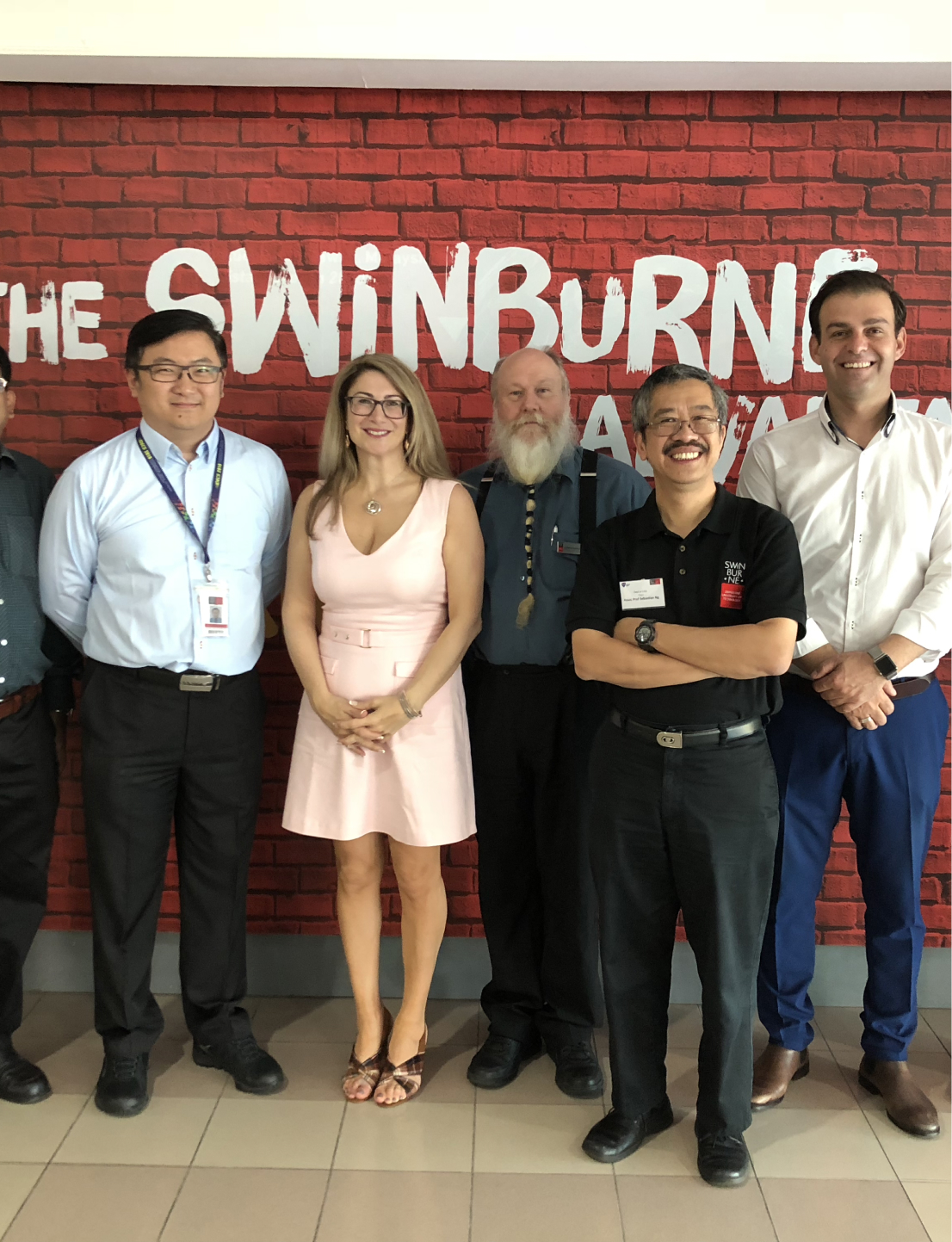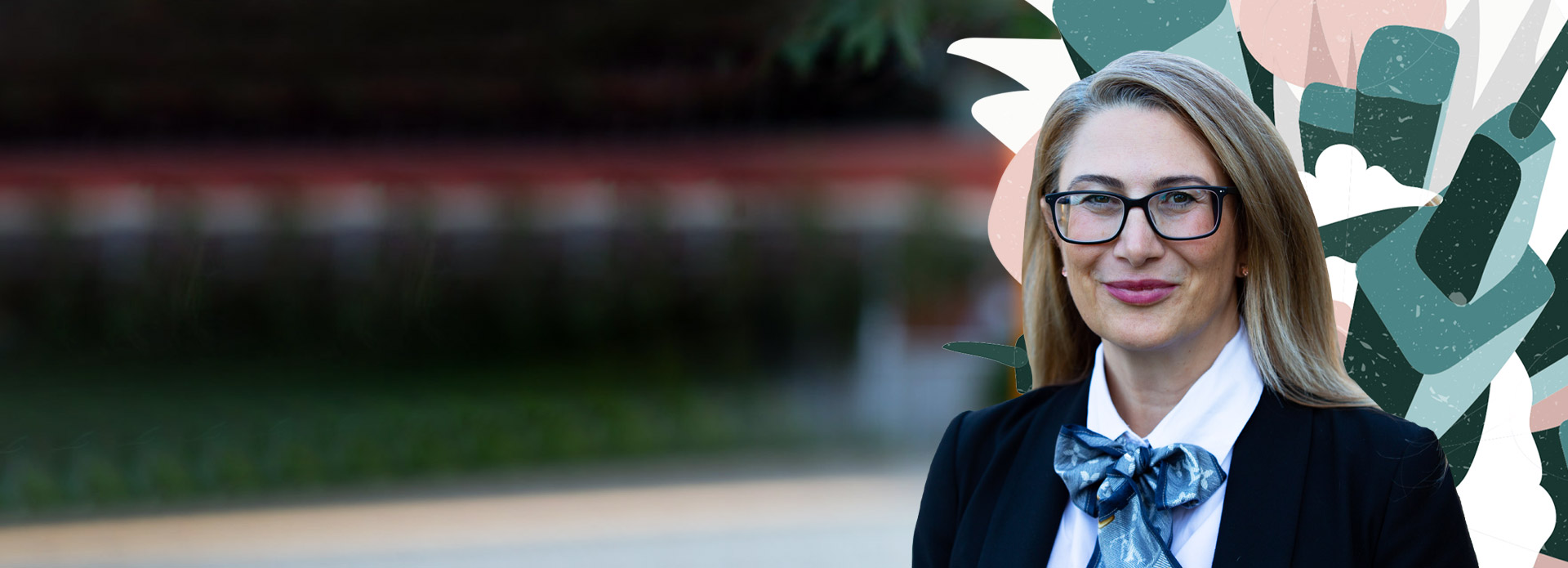Identifying the need for innovation
Growing up as the daughter of a poultry farmer, Angela learnt valuable life lessons at an early age, witnessing her father’s tireless work ethic and unwavering determination. Along with this, she also recognised the importance of technology, automation, and innovation while observing her father’s need for these advancements to ease the manual labour he performed from dawn until dusk.
As the first person in her family to pursue higher education, Professor Carbone’s journey has come full circle. Having witnessed the crucial role of technology and innovation in her family’s business, she recognised the need for strategic change in the learning and teaching methods employed in higher education. Her experiences have spurred her on to become an advocate for modernisation and innovation in higher education, paving the way for future generations.

Enhancing learning, teaching and quality
As Angela embarked on her university journey, she witnessed a swift transformation in society, brought about by remarkable technological advancements and digital innovation. Concurrently, she also observed that the conventional methods of teaching had become deeply entrenched in the education system and academia, which posed a threat of becoming outdated unless more emphasis was placed on equipping students with skills for a digital era.
The realisation that contemporary university education was lagging behind was a product of Angela’s profound love for teaching that blossomed at a young age. Excelling in school, she understood that education was the key to a less physically taxing life than that of her parents. With a natural affinity for math and science, Angela relished solving complex problems and frequently sought additional guidance from her teachers after class.
Often the only female studying STEM subjects, this fact never concerned her in the least. Angela’s passion culminated in her becoming a teacher herself, and her classes quickly gained a reputation for being ‘energised, organised, fun, and relevant.’ They seemed to strike a powerful chord with students who were uninspired by many of their other lectures. In recognition of her outstanding teaching, Angela became the first woman ever to receive the Prime Minister’s Award for University Teacher of the Year. Her achievement was a testament to her tireless dedication and commitment to her craft, which inspired and empowered generations of students.
Angela went on to receive two National Teaching Fellowships to improve the quality of STEM courses via the implementation of a Peer Assisted Teaching Scheme. Its national and international acclaim ultimately led her to several current leadership roles, including:
- RMIT’s Associate Deputy Vice-Chancellor for Learning, Teaching and Quality in the STEM College;
- Co-lead of a special interest group (SIG) in the Scholarship of Leading as part of the International Society of Scholarship of Teaching and Leading (ISSOTL); and
- Director of the Australian Awards for University Teaching (AAUT).

Career achievements and milestones
Angela’s story exemplifies the idea that, ‘when one door closes, another one opens.’ On numerous occasions, upon missing out on an opportunity, she subsequently uncovered another better prospect to advance her career journey. From a young age she always focused on doing her best, making sure she enjoyed the process along the way. Failures were simply seen as opportunities to improve and stepping stones to success.








